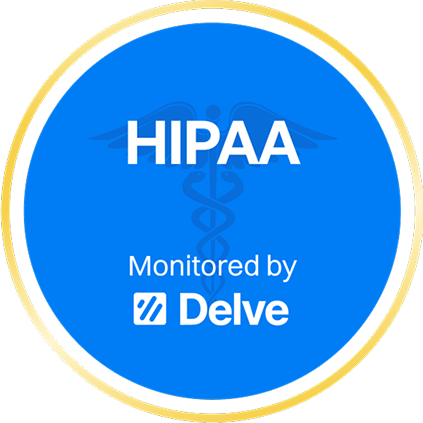Wispr Flow's HIPAA Compliance Bolsters Doctor Preference, Cuts Note-Taking Time by 50%

San Francisco, CA – Wispr Flow, the AI-powered dictation tool, has announced its achievement of HIPAA compliance, a significant milestone expected to reinforce its strong preference among medical professionals. Tanay Kothari, co-founder of WisprFlow, highlighted this development in a recent social media post, stating, "It's crazy to me that there are 100s of dictation tools for doctors, but they still prefer @WisprFlow. Anyway, we're HIPAA-compliant now, go wild 🔥." This compliance is crucial for handling sensitive patient data securely within the healthcare sector.
The company's dictation technology, available across Mac, Windows, and iOS platforms, supports over 100 languages and is lauded for its ability to process natural speech with high accuracy. Unlike many conventional speech-to-text solutions that transcribe words verbatim, Wispr Flow is designed to understand context, automatically adding punctuation and refining spoken words into polished, mistake-free text. This intelligent processing capability sets it apart in a crowded market.
A key factor in Wispr Flow's appeal to doctors is its efficiency in reducing administrative burdens. According to a LinkedIn post by Wispr Flow, the average doctor spends approximately five hours daily on note-taking, a task that the company claims its software can cut in half. This substantial time-saving, coupled with the tool's ability to "clean rambles" and produce precise outputs, directly addresses a critical pain point in healthcare documentation.
Wispr Flow has demonstrated robust growth, having raised $26 million from investors including NEA, Palo Alto Networks, and 8VC. The company reports a 19% subscription conversion rate and a 60% month-over-month revenue increase, underscoring its rapid adoption. The new HIPAA compliance is anticipated to accelerate its penetration into healthcare systems, where data security and privacy are paramount.
Looking ahead, Wispr Flow continues to expand its ecosystem, with an Android application in development and plans for shared context functionality for teams. The company's leadership, including CEO Tanay Kothari and CTO Sahaj Garg, envisions dictation becoming the dominant input method across various industries, replacing traditional keyboard dependency with more natural voice-driven interactions.